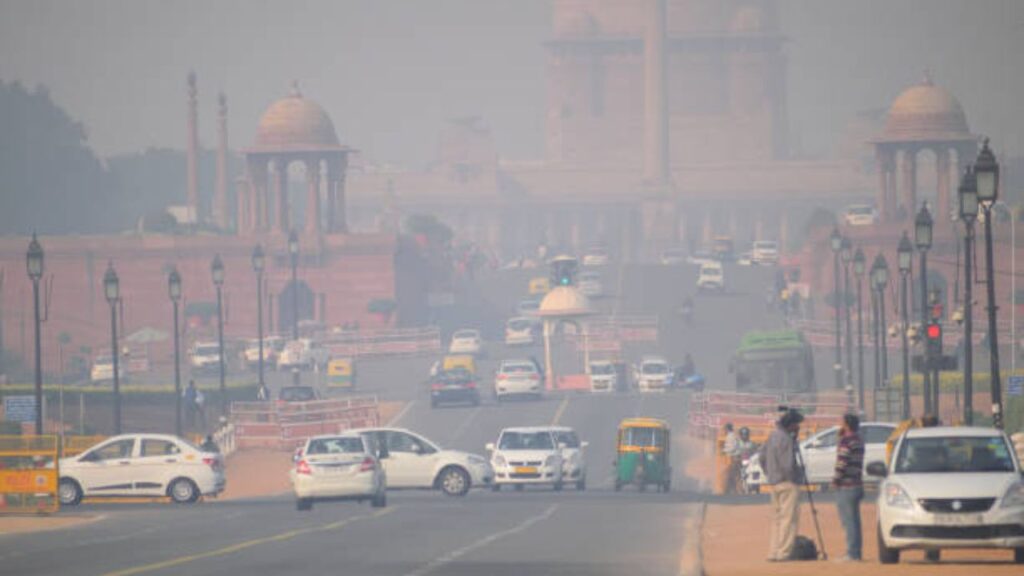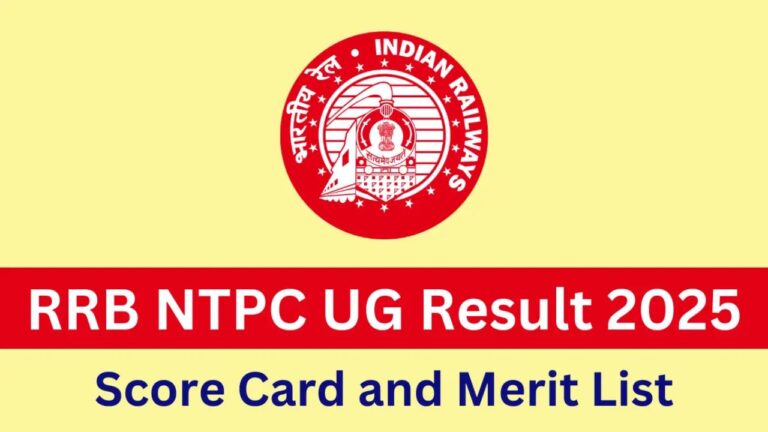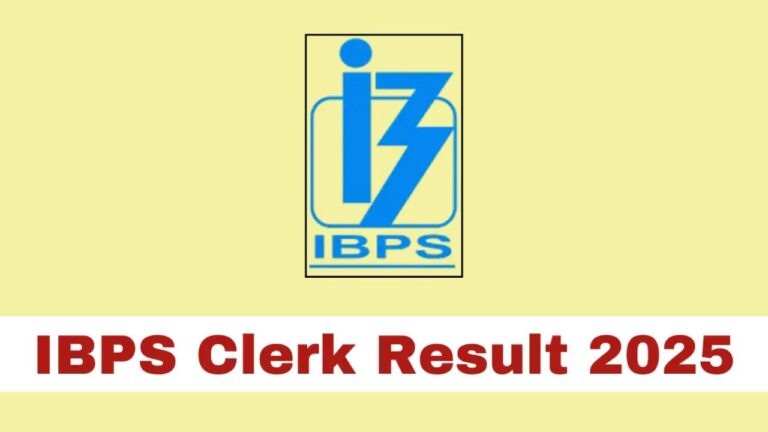
Air pollution in Delhi and adjoining NCR cities has spiked to an alarming level, with the Air Quality Index (AQI) crossing the 600 mark in several locations. The thick blanket of smog has pushed authorities to activate Stage 4 of the Graded Response Action Plan (GRAP), the highest and most stringent level of emergency pollution-control measures.
Residents in Noida, Greater Noida, Ghaziabad, Gurugram, and Faridabad are experiencing extremely toxic air. An AQI level of 600 and above falls in the “severe plus” category, meaning the air has reached hazardous concentrations capable of affecting even healthy individuals and posing serious risks to vulnerable groups.
What GRAP Stage 4 Means for the Public
Stage 4 protocols are rolled out when pollution reaches emergency levels. Under this phase, several curbs come into immediate effect, including:
- Ban on entry of non-essential trucks into Delhi, except vehicles carrying essential supplies or those running on cleaner fuels like CNG, LNG, electricity, or BS-VI diesel.
- Suspension of construction and demolition activities at government and public project sites.
- Restriction on commercial vehicles entering the national capital from outside unless they are using cleaner fuel categories.
- Work-from-home directives allowing or mandating up to 50% remote working for both government and private offices.
- All measures implemented under GRAP Stages 1, 2, and 3 continue to remain fully applicable.
Earlier stages involve restrictions such as curbing the use of coal in eateries, bans on diesel generator sets, stopping non-essential construction, and prohibiting older diesel vehicles.
Why Pollution Levels Spiked
Meteorologists and air quality officials attribute the sudden deterioration to a combination of factors, including stagnant wind movement, temperature drop, and the accumulation of vehicular, industrial, and biomass-burning emissions trapped close to the surface.
The situation has worsened rapidly, reducing visibility and increasing respiratory complaints across hospitals in the region.
Health Advisory Issued
Medical experts urge residents to take the following precautions:
- Avoid outdoor activities, especially early morning and late evening.
- Wear high-filtration masks like N95 or N99 if stepping outside.
- Use air purifiers indoors where possible.
- Keep children, elderly individuals, and those with asthma, bronchitis, or heart disease away from polluted environments.
- Stay hydrated and seek immediate medical attention if breathing difficulty increases.
Authorities on High Alert
Pollution control and enforcement teams have been instructed to intensify field inspections, issue penalties for violations, and ensure strict implementation of GRAP norms. The situation will be reviewed continuously until air quality improves.
A Recurring Winter Emergency
Every winter, a combination of weather patterns, vehicular emissions, industrial activities, and seasonal farm stubble burning contributes to Delhi-NCR’s pollution crisis. Despite multiple rounds of emergency measures over the years, long-term improvement remains a challenge, raising questions about sustainable pollution-control strategies.
As Delhi-NCR battles one of its harshest smog episodes, authorities are appealing for public cooperation with the restrictions. Residents are advised to stay updated with real-time AQI bulletins and follow health advisories to reduce exposure.




